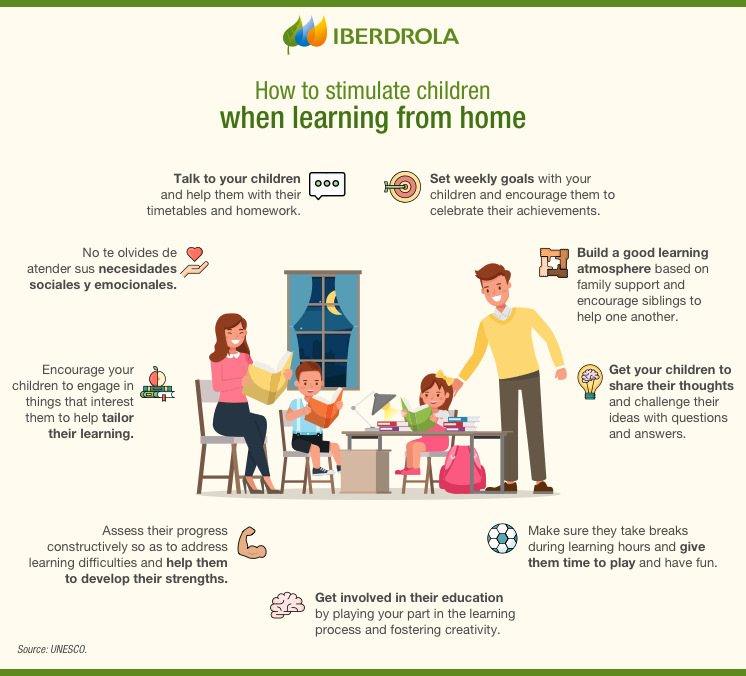Crafting Excellence: Home Schooling Curriculum Development

Designing Success: The Art of Home Schooling Curriculum Development
Embarking on the home schooling journey brings forth the opportunity to craft a tailored curriculum that aligns with a student’s individual needs, interests, and pace of learning. In this exploration, we delve into the intricacies of home schooling curriculum development, a personalized and dynamic process that sets the stage for academic excellence.
Understanding Individual Learning Styles: The Foundation of Customization
Home schooling curriculum development begins with a profound understanding of the student’s learning style. Whether it’s visual, auditory, kinesthetic, or a combination, recognizing and catering to these preferences forms the bedrock of crafting a curriculum that resonates with the individual, making the learning experience more engaging and effective.
Flexibility as a Core Tenet: Adapting to the Student’s Rhythm
One of the defining features of home schooling curriculum development is its inherent flexibility. Unlike rigid traditional curricula, home schooling allows for adjustments based on the student’s rhythm and pace of learning. This adaptability ensures that the student grasps concepts thoroughly before moving on, fostering a deeper understanding of the material.
Integration of Real-World Relevance: Bridging Theory and Application
Home schooling curriculum development provides the unique opportunity to integrate real-world relevance into academic learning. By bridging theory with practical application, students gain a holistic understanding of subjects. This approach not only enhances comprehension but also prepares students for the challenges they may encounter in the real world.
Tailoring Subject Choices: Unleashing the Student’s Passions
A key advantage of home schooling curriculum development is the ability to tailor subject choices to the student’s passions and interests. Whether it’s delving into niche areas, exploring creative arts, or focusing on advanced sciences, customization ensures that the curriculum becomes a vehicle for igniting the student’s enthusiasm for learning.
Multidisciplinary Approaches: Breaking Down Subject Silos
Traditional education often compartmentalizes subjects into silos. Home schooling curriculum development breaks down these barriers, allowing for multidisciplinary approaches. Subjects seamlessly blend, offering a more holistic and interconnected educational experience. For example, a history lesson can integrate elements of literature, art, and even science.
Utilizing Educational Technology: Enhancing the Learning Experience
Home schooling curriculum development embraces the integration of educational technology as a valuable tool. From interactive online resources to educational apps and virtual simulations, technology enhances the learning experience. This inclusion not only keeps the curriculum dynamic but also prepares students for a future where digital literacy is crucial.
Assessment Beyond Standardized Testing: A Comprehensive View
Assessment in home schooling curriculum development extends beyond traditional standardized testing. While exams may be part of the evaluation process, a comprehensive approach includes project-based assessments, portfolios, and practical demonstrations. This multifaceted evaluation provides a more accurate representation of a student’s academic achievements.
Parental Involvement: A Collaborative Educational Journey
In the realm of home schooling, parents actively participate in the curriculum development process. This collaborative approach ensures that the curriculum aligns with both the educational goals and the unique attributes of the student. Parental involvement fosters a deeper connection between the student and their learning experience.







